We need tourism to come back better. Better for the environment, better for communities, and most importantly better for all the people involved.
The United Nations World Tourism Organization has called for a “responsible recovery of the tourism sector” in order to “balance the needs of people, the planet and prosperity.”
We have a responsibility, and this is a unique opportunity. We have a chance of doing things more sustainably and creating a better model for future travel.
It is up to us.
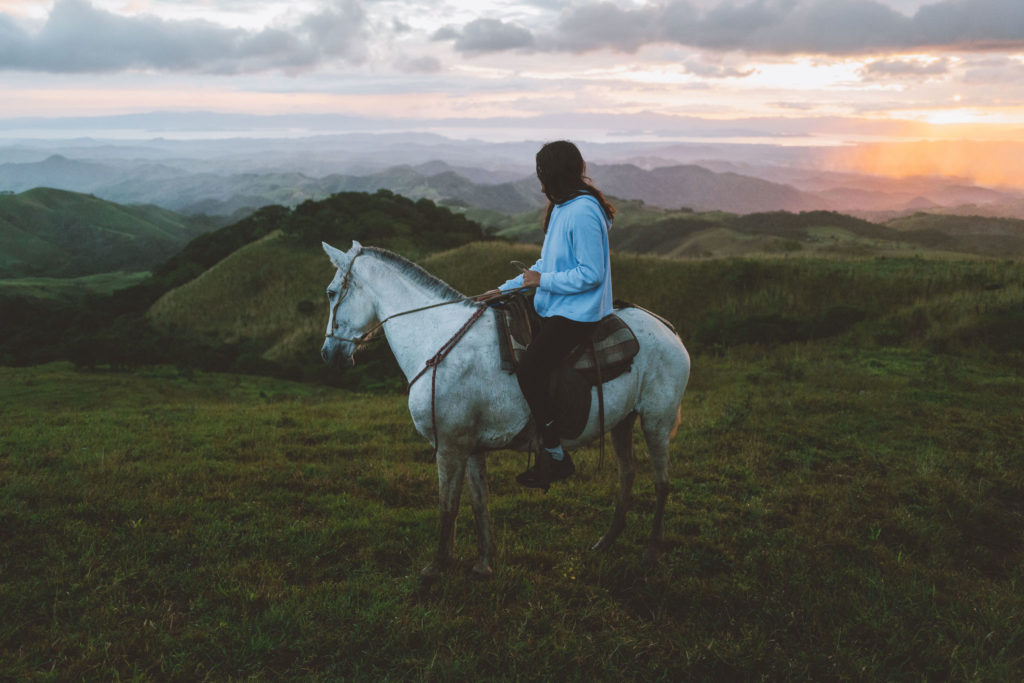
But why should we care?
The problems in recent years were all too obvious: overcrowded cities, over-tourism, environmental degradation, and excessive CO2 emissions.
These problems are not gone.
Here are some ideas on what we could do differently.
- Seasonality: If you can, don’t travel in the peak season. By doing so, you’re contributing to a year-round economy and employment and take the pressure off sensitive ecosystems.
- Beyond-the-Instagram tourism: Avoid overcrowded touristic destinations and try off-the-beaten-path alternatives. Try to experience, learn and connect.
- Take your time: Don’t rush and just check off sights on your list. Staying longer in one destination allows for cutting down your carbon footprint (especially if you fly) along with creating a deeper connection with the local culture and people.
- Quality vs. quantity: It is important that we as an industry don’t just focus on how many guests visit a destination. We need to focus on the (hopefully positive) impact they have on natural environments and local economies.
- Small is beautiful: Stay at locally owned and managed boutique hotels or lodges vs. large all-inclusive branded resorts.
- Spread the tourism dollar in the community: Avoid “all-inclusive” offers. Eat out at restaurants that are not in your hotel, hire nature or culture guides to learn about local culture, flora, and fauna, take public transportation, and purchase souvenirs in locally-owned shops.
- Single-use plastics: They had a strong comeback during the pandemic due to health concerns. Let’s make sure that they are not staying around in the vacation experience.
You can find a more complete list of how to better travel at this newsletter from Glove Travel here.
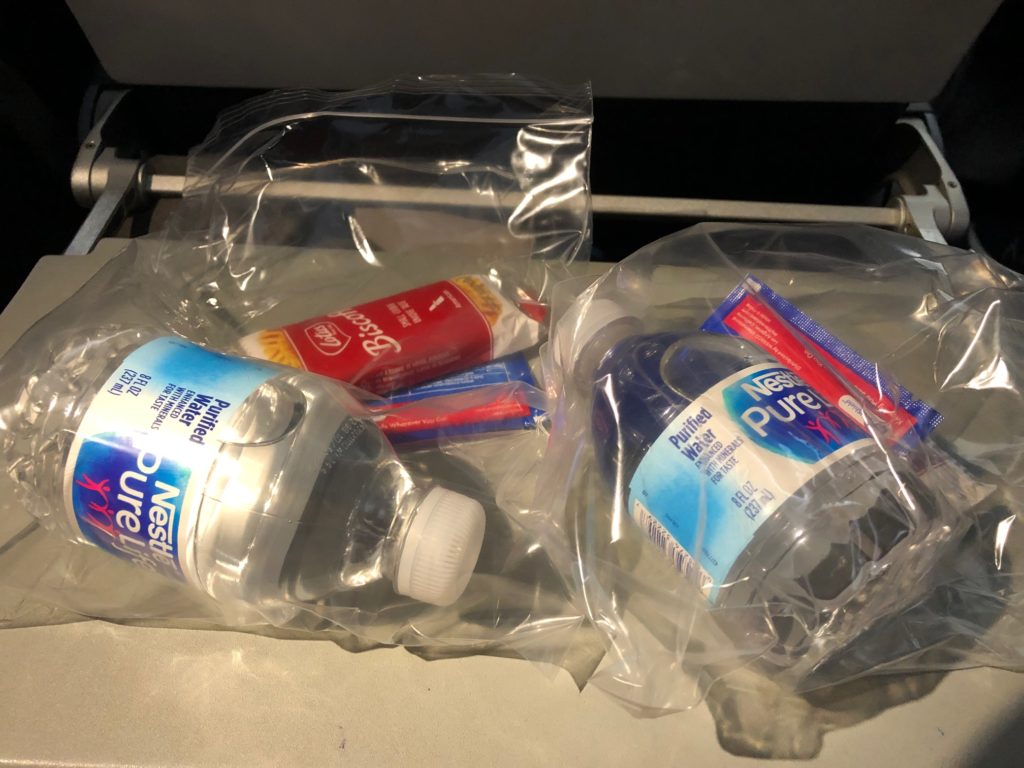
The best way to look at how tourism can be done better is “leakage rates”. It describes the percentage of money that is spent on a vacation that actually ends up leaving the country and going back to foreign-owned operators, airlines, hotels, etc. It is important for a tourist to understand that not all money spent on vacations helps local businesses and communities.
Leakage is more frequent in developing countries at an average of about 70%. Slowing leakage is one important way how we can make sure that tourism is better after this pandemic. The UN estimates that most all-inclusive packages result in 80% leakage and that import leakage (funds used to import foreign goods that tourists “demand” in their experience) for developing countries is between 40% and 50%.
Smaller locally owned hotels have leakage rates of about 10%. At the Cayuga Collection, we did a study on this a few years ago together with the INCAE Business School in Costa Rica and confirmed that number.
At a conference in 2017, then Secretary-General of the United Nations World Tourism Organization (UNWTO), Taleb Rifai, called all-inclusive resorts “modern-day plantations. “He went on to say that “we cannot continue to build five-star hotels in three-star communities.”
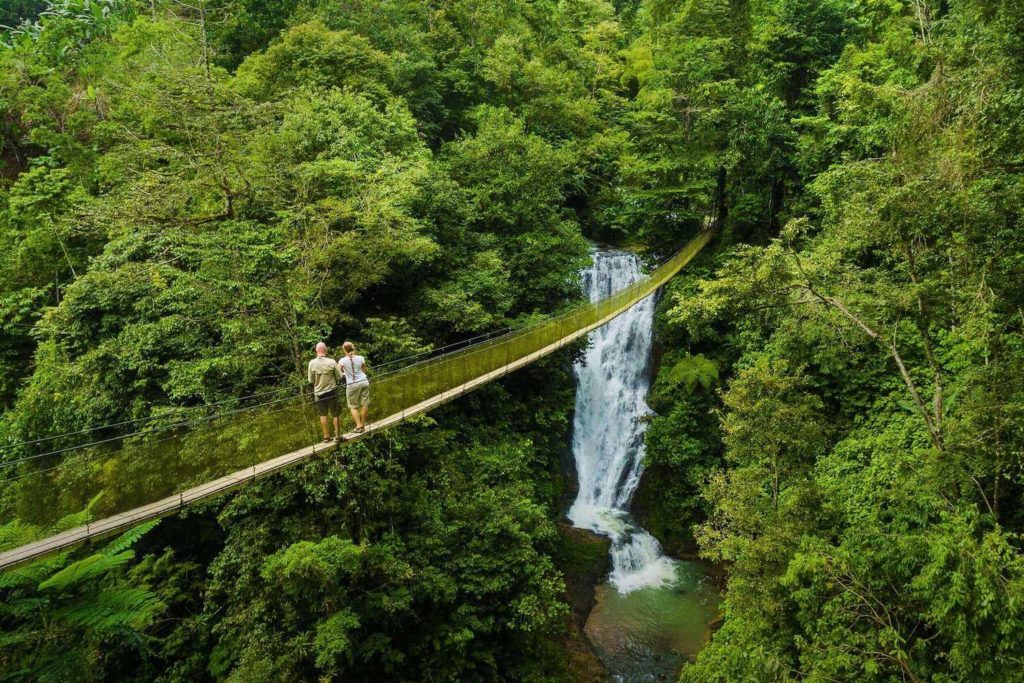
What is next?
We want a “measured” return. Not just back to business as usual and doing the same things we did back in January/February 2020, but back to a better normal.
We want tourism to be part of the solution to the issues that our planet is facing; climate change, destruction of natural habitats, gender inequality, ignorance, discrimination, economic inequalities, and the potential next health crisis.
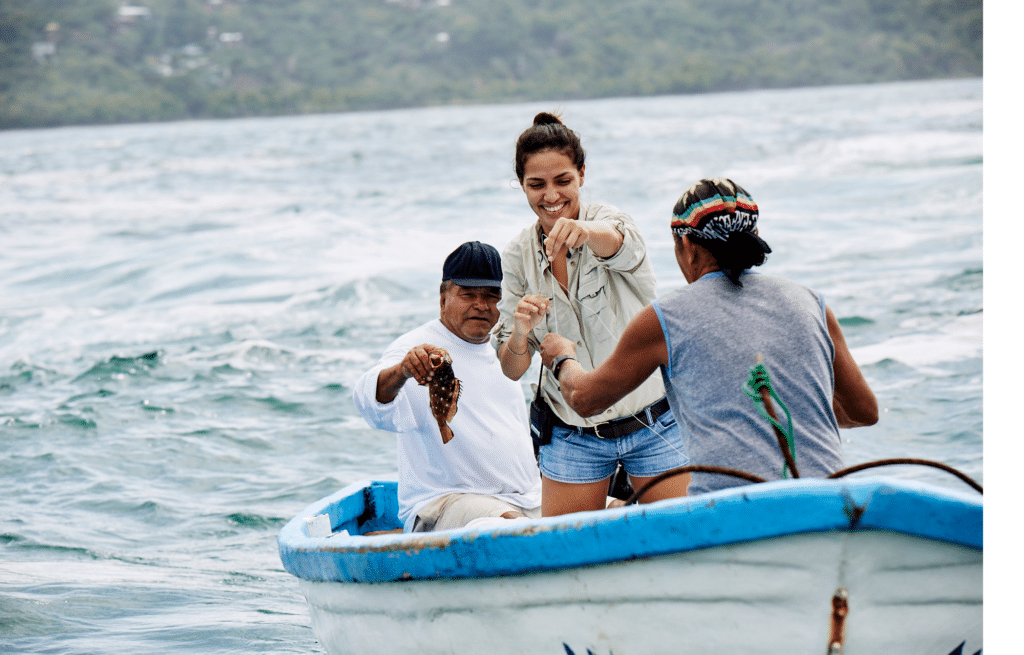
We need to take better care of people. Our staff, our communities and each other.
We need to decrease our dependency on industrial food production and still be able to feed everyone on this planet.
Here is what we are doing today at the Cayuga Collection right now to be part of the solution:
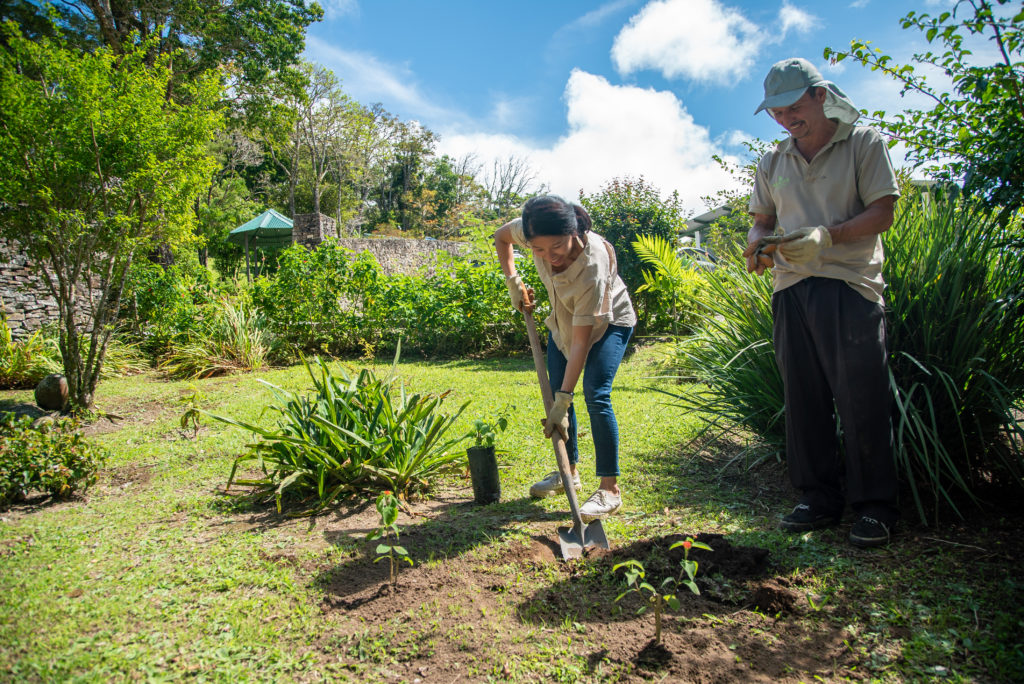
Climate change: We continue to plant well over 500 trees every year and continue to protect the private nature reserves in which some of our hotels are located.
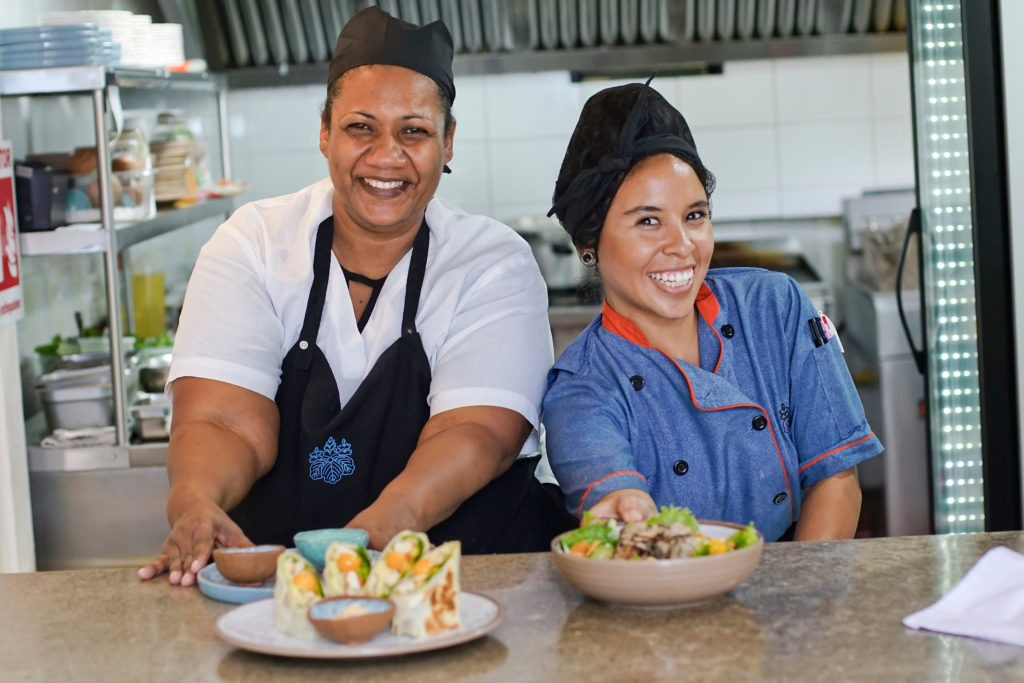
Our communities: We have made an extra-strong effort in the past months to hire back women in our operations. Female workers were 70% more likely to lose their job during the pandemic. We have made great progress not only in guest service positions but also with managers and nature guides.
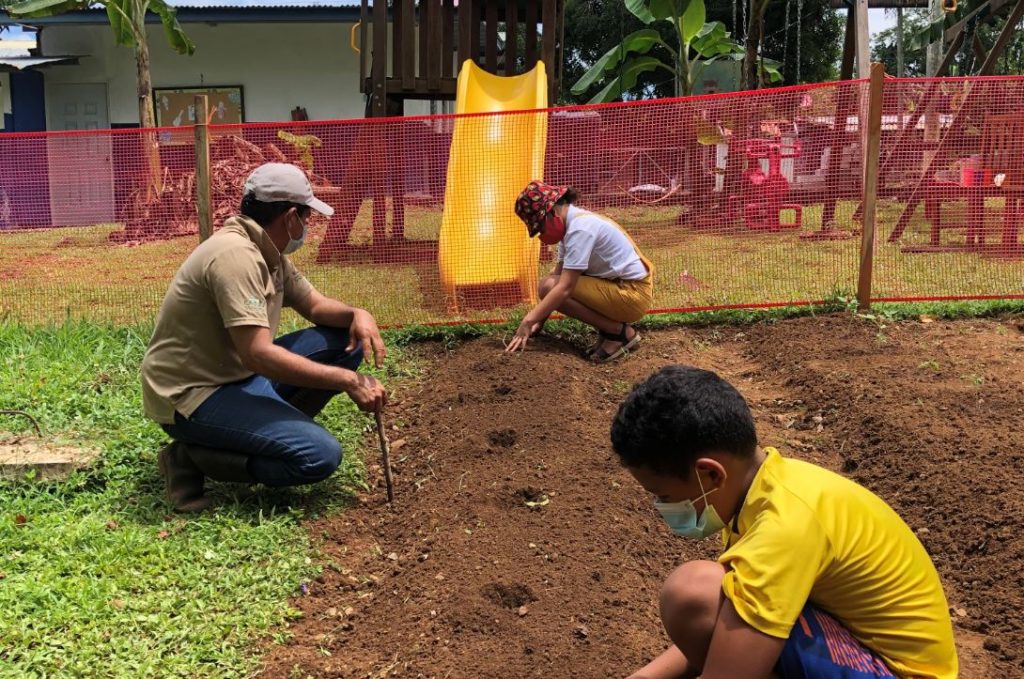
Our team members: We have become more serious about our company doctor program understanding the importance of health. We have reactivated our career path program to continue to develop managers from line level positions. We continue to work with only locals, and that includes top management positions.

The culinary experience: Our supply chains have become even more local than before. Almost all ingredients are sourced from a 150-mile radius. We continue to develop our Dock to Dish Sustainable Seafood program and go organic when possible like with coffee and pineapples.
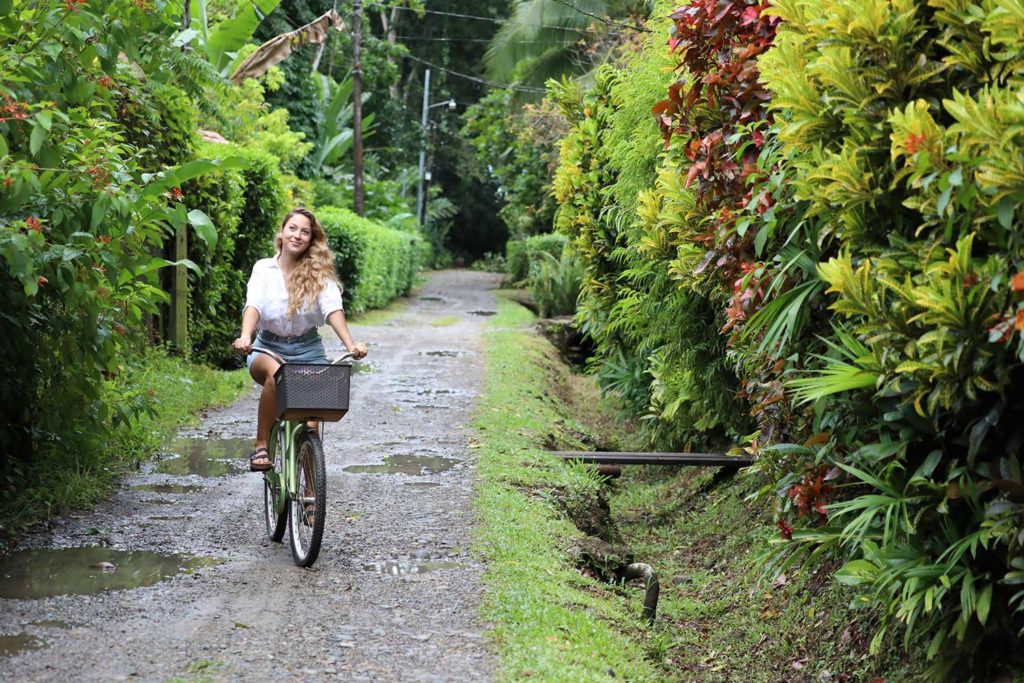
Pura Vida wellbeing: Early this year, we started to implement a program to improve the physical and mental health of our guests during their stay. But we found out very quickly that it is as equally important to take care of the well-being of our team members. So now we have regular yoga classes, beach walks and social experiences for our staff and have also improved their rest times and meals being served while on the job.
The question remains – will those post-pandemic travelers be more conscious? Will they care more about sustainability? Will we see a “better” or more responsible travel industry emerge? I certainly hope so and we work hard every day with our teams to make this happen.
But I still have some doubts. I am afraid that we will see a lot of “Roaring 20s” behavior for those that are eager to just get back out there to travel and party. This is understandable in some ways, but a lost opportunity in many others. We will continue to observe this recovery carefully. Stay tuned…
Let me know what you think by leaving a comment below or sending me a note to hans@cayugaonline.com.
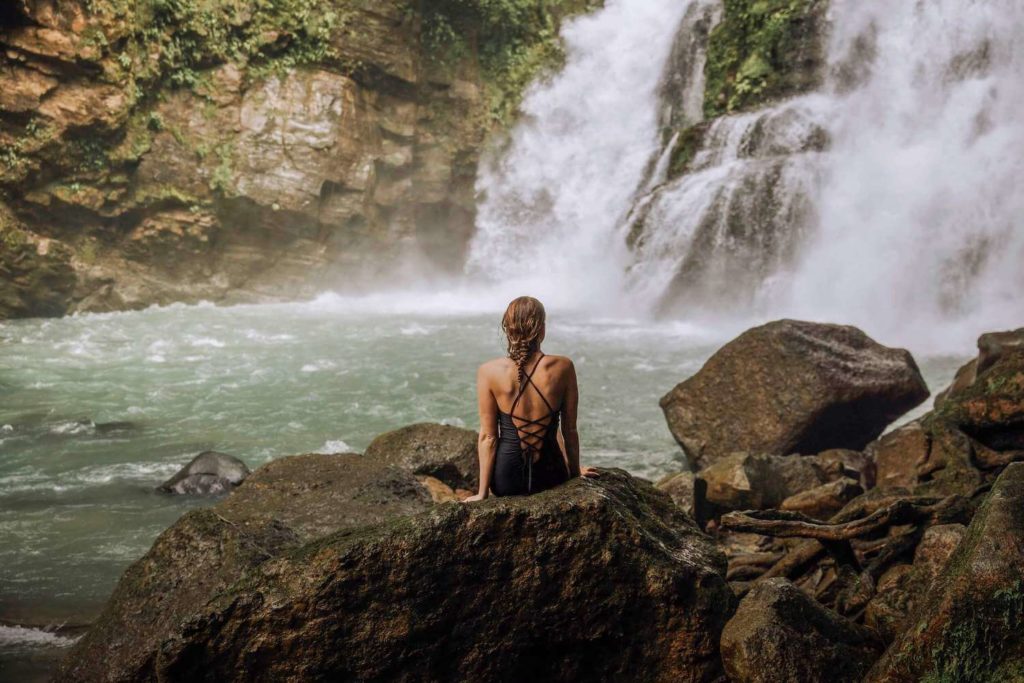


11 Responses
Don Hans, as usual right on the money!!! Let’s include educating and motivating our local authorities in this effort so that they really understand how they affect our business and the quality of life of their constituents. We hear a lot of complaints about the supposed lack of will to cooperate on the part of authorities but our business is so diverse and spread out I believe it is more lack of knowledge and understanding and that is our responsibility to correct. Thanks for always looking forward and leading the way. Blessings to you, your family and all your staff.
Outstanding, keep getting better! Thanks for posting!
Cayuga fan all the way! Thanks for making the world a better place through business with purpose!
Great post!
Hans, Andrea and Cayuga team, as always you lead the pack, push the dream toward greater enviro-social sustainability. And you got it right—more education, be it staff, the community, government and guests. What a privilege to have been with you from the start.
We love Cayuga, continuing to assist our marvelous guide however we can. Could you start a fund so your grateful guests would have a formal way to send donations for staff during the pandemic? You could decide how best to distribute. Thanks for considering my suggestion.
Thank you for sharing this Hans
An excellent read and Angama is right there alongside your thinking
If this pandemic has taught us anything is that the nearest helping hand is your own and once we stop relying on everyone else we, the boots-on-the-ground troopers, will find and sustain the solution
Love the modern day plantations quote, first time I’ve heard that. Taleb Rifai is missed… thankfully we have the most forward-thinking of practitioners in Hans to always evolve. New focus sounds spot on, as a guest and an employer. I know where I choose to promote and vacation if it wasn’t for Covid!
Thoughtful piece and spot on.
I support what Cayuga does, but my extensive research and my book, Sustainable Tourism on a Finite Planet, does not support these views. I provided a lot of good research in my book on the topic of All Inclusives, here is just one part of that.
GIZ, the German Development agency, did a study on All Inclusives in the Dominican Republic finding they offer more stability of employment for local people than boutique hotels, they purchase 40% of all agricultural produce from small and medium farms, and in Nicaragua they found waiters were paid double what they were paid in boutique hotels. They found 20% of all inclusive revenue stays in country in Jamaica via wages, supplies and services. While it is easy to take pot shots All Inclusives, in fact their supply chains don’t always lead to as much leakage as the outdated UN report referenced implies, and newer reports, from Tourism Concern- a advocacy organization once deeply involved in suggesting All Inclusives were bad for countries corrected that. There was also a good study done by the Travel Foundation in Cyprus which also confirmed the question of how much stays in country by way of taxes, and exactly what that covers.
I hope we can all look at the re-development of the tourism industry as an enterprise that must include all law abiding and committed businesses. While each hotel has its part to play, metrics which are broadly tested that measure hard science on impacts are more useful at the destination level, than economic analyses which review only economic issues, not social or environmental. I certainly do not agree with Taleb Rifai’s statement that All Inclusives are like slave plantations. This is inappropriate statement for a world leader to make about legitimate businesses. I have no connection to the All Inclusive industry, but I do believe that we need to be objective and not use defamatory language towards other legitimate businesses, especially in a region that does depend to a degree on these All Inclusives. Perhaps they are not my cup of tea either, but we cannot really build a new tourism model by suggesting such hotel systems are slave plantations! This is just wrong!
This is such an amazing article, Hans!
Great seeing a clear piece on the issues we face but also the solutions you provide, very inspiring! will share now!